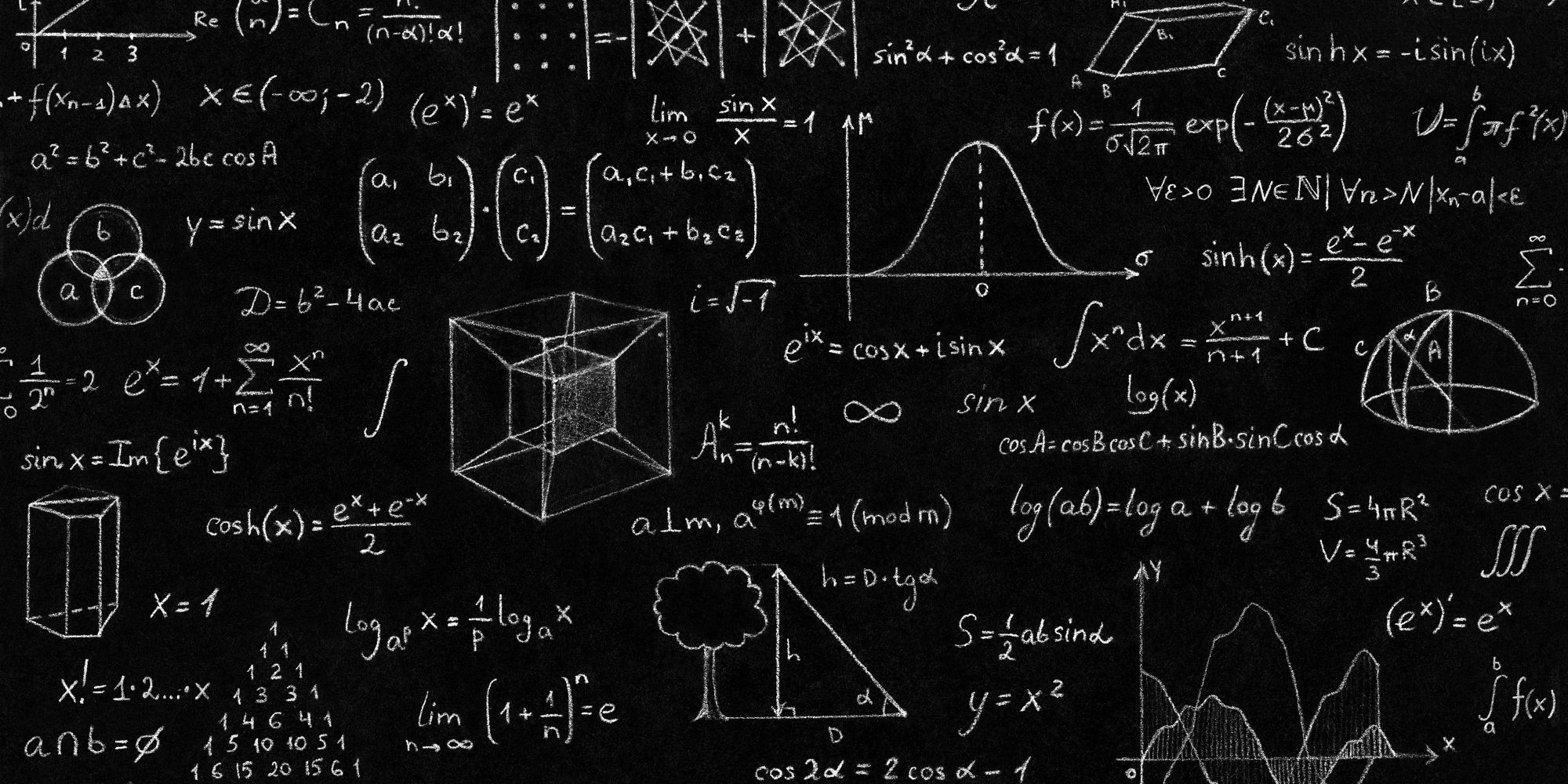Report
Spotlight on Maths
Spotlight on Maths highlights how maths skills can benefit citizens in their studies and careers. Produced in conjunction with the Institute of Mathematics and its Applications (IMA) and our local universities, Spotlight on Maths explores:
- how maths can boost career and employability prospects
- career success stories from local people who have used their maths skills as part of their journeys to build fulfilling careers
- information on local progression routes, including maths-related course options at our local universities and associated careers options
The Northern Ireland Skills Barometer indicates that STEM subjects, including Maths, have some of the largest forecast annual under supplies. It is estimated that the NI economy will require an additional 290 Maths and Computer Science graduates each year (NI Skills Barometer 2019 Summary Report).
This publication has been produced in collaboration with Queen’s University Belfast (QUB), The Open University (OU), Ulster University and the Institute of Mathematics and its Applications (IMA) and includes career stories from local people who have used their Maths skills in their journeys to build successful and fulfilling careers.
Maths research also generates wealth for our society; according to the The Bond Report, published in 2019, every £1 spent on maths research results in £508 worth of economic benefit.
Though the role that Maths plays is often hidden from the view of the public, it makes an impact across a huge range of sectors, from government, to meteorology, to digital technology and innovation, as well as numerous others:
“Financial services, security, defence, health, manufacturing, transport, film-making, and many other sectors all make use of many fields within the mathematical sciences. Developments in genomics, data science, economics, physics, quantum computing, biology, advanced engineering, epidemiology, zoology, sociology, geography, ecology, climate science, cybersecurity, social media analytics and numerous other fields all require the use not only of existing mathematical methods, but also the development of new, more powerful mathematical tools to continually spur advances and innovation.”




